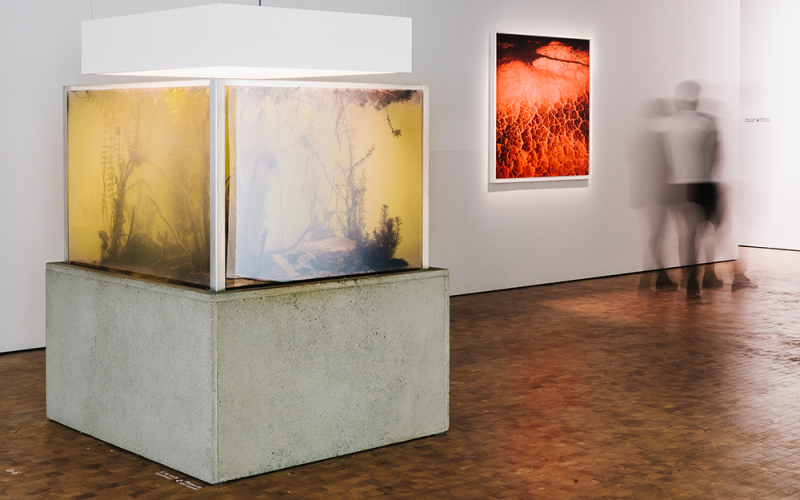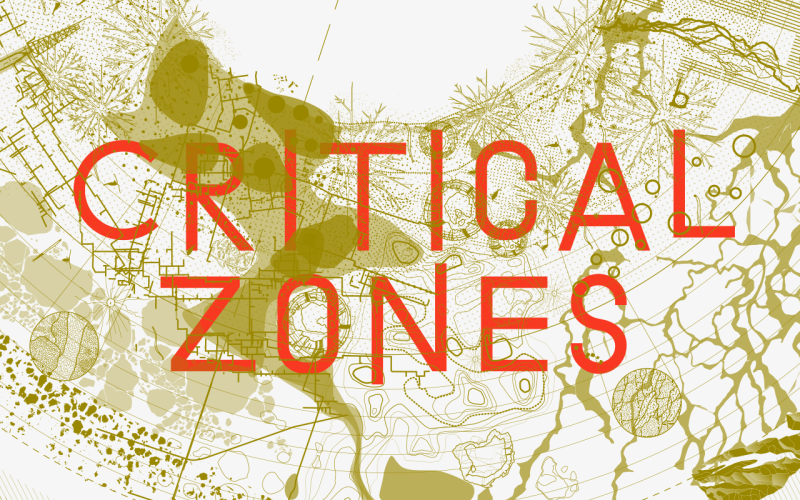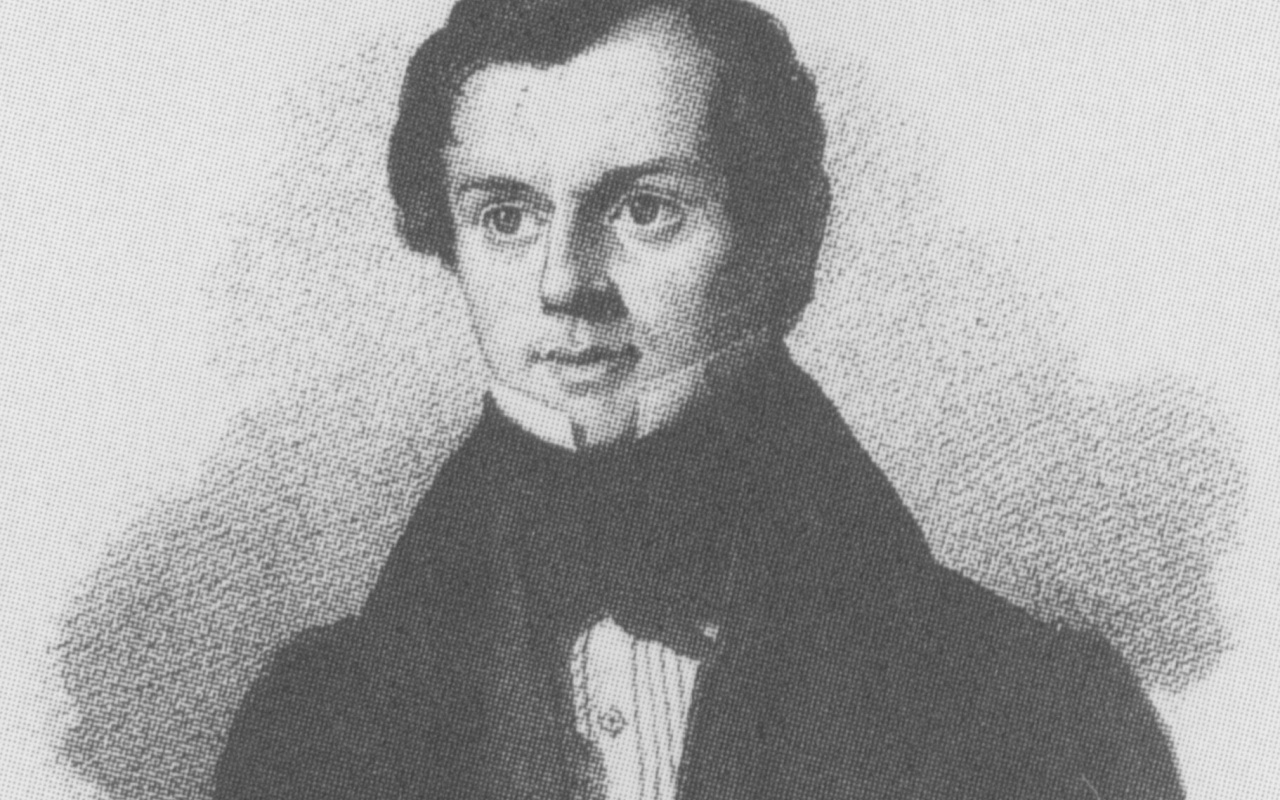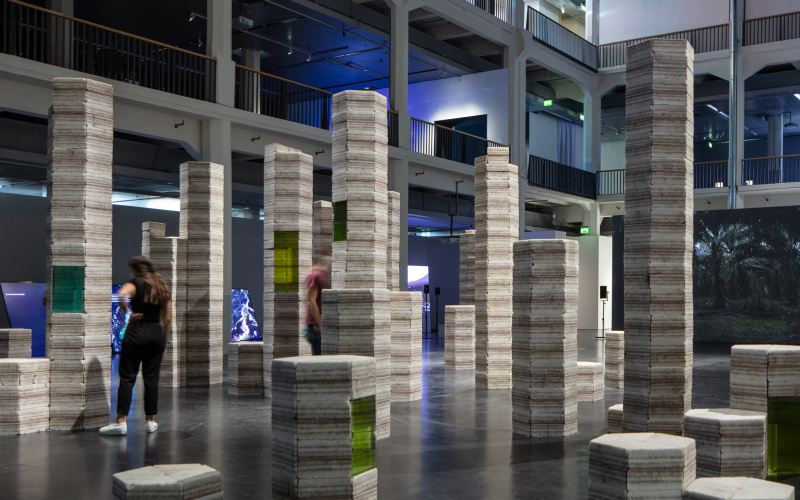For a culture of sustainability
»We can't solve a crisis without treating it as a crisis«, climate activist Greta Thunberg recently posted on her Instagram account to call for solidarity in times of Corona Virus.
BY ALEXA KNAPP
In the same post, she points out that the kind of attention currently being paid to the Corvid-19 crisis should also be given to the climate crisis. This central challenge for global society is currently being completely overshadowed by the coverage of the corona virus. However, the corona pandemic shows that society in acute need is capable of renunciation, moderation and radical restrictions. It bears witness to behaviors and government directives that give courage in the fight against the climate crisis: for it is precisely the virtues such as moderation, renunciation, but also solidarity and cooperation that are also needed in the fight against the ecological crisis.
Sustainable development in this context represents one of the great tasks of our time, which can no longer be reduced to an environmental program. Rather, it has become an existential question that affects everyone.
Culture as the architect of transformation
The cultural sector is also called upon to make its contribution – beyond the cultural sector itself. The importance of culture in terms of sustainable development and the fact that it has more to contribute to the debate than providing entertainment in the framework programs of climate conferences has increasingly come to the fore in recent years. The fact that it must be integrated into the promotion of sustainable development seems essential. After all, technological and scientific solutions can never be sufficient to drive and implement a transformation that ultimately has to reach society and be lived out. Without a fundamental change in our ways of life and economy, this challenge cannot be met in a sustainable manner. Culture has the potential to break up old patterns of thought and to give new impetus through cultural policy debates, events, exhibitions and actions. In addition to all the facts and figures, it is able to raise awareness in a moving way and thus address addressees that have not been reached so far.
The ZKM and sustainability
With exhibitions like »Reset Modernity«, »Armin Linke. The Appearance of That Which Cannot be Seen« or the multimedia opera project »Amazonas«, which dealt with the destruction of the world's largest rainforest area, the ZKM sensitized its visitors early on to topics such as climate change, technology and sustainability. Starting in May 2020, ZKM will connect the two worlds in the exhibition project »CRITICAL ZONES. Observatories for Earthly Politics« will combine culture, art and science with numerous civil society environmental organizations that have been active for years, and invite visitors to view the earth from a new perspective.
With the focus on sustainability in its magazine, the ZKM dedicates a further platform to the topic, which approaches the matter from a socio-political perspective, sheds light on and contextualizes current developments in connection with sustainability.
The concept of sustainability
The term »sustainability« was first coined by Carl von Carlowitz (1645-1714). According to the Freiberg Oberberghauptmann, only as many trees should be felled in a forest as will naturally grow back within a certain time. The »sustainable« management of the forest was thus intended to ensure that the natural system of the forest could be preserved in its essential properties for the long term. Even if his considerations were limited to resource economics in forestry, he is considered the father of sustainable thinking.
The definition of »sustainability« that is most widely used and accepted today has its origins in the so-called Brundtland Report of 1987, which extended the hitherto prevailing understanding of sustainability to include the aspect of global spatial and temporal justice. With the Brundtland Report, the discourse on sustainable development was initiated worldwide. The aim was to strive for a fairer distribution of growth and prosperity between North and South.








